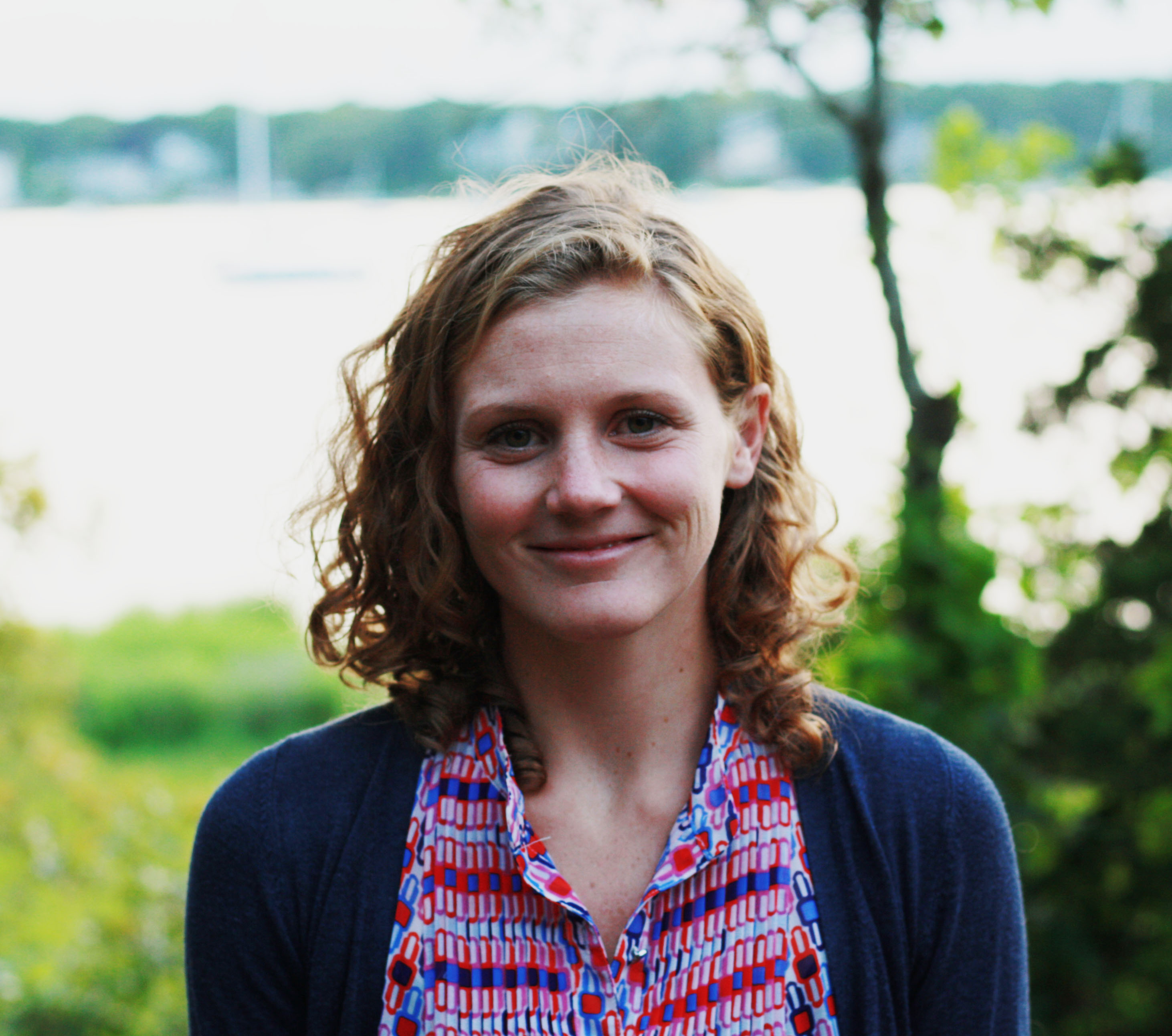
Catherine Kearns is an Assistant Professor in the Department of Classics at the University of Chicago. Dr. Kearns’ research examines the intersections between social and environmental change in Mediterranean landscapes during the Iron Age period. Her first book project, The Rural Landscapes of Archaic Cyprus: An Archaeology of Environmental and Social Change, analyzes the emergence of Archaic communities on the island of Cyprus through their land-use practices, rural economies, and experiences with changing climates. In addition to her work in landscape archaeology, she also studies environmental history, urbanism and hinterlands, and concepts of space and place in antiquity. In recent years she has co-directed fieldwork on Cyprus through the Kalavasos and Maroni Built Environments Project, using geophysics, field survey, excavation and geospatial analysis to identify Iron Age rural settlements, for which she has been awarded ACLS, Loeb Classical Library Foundation and university grants.
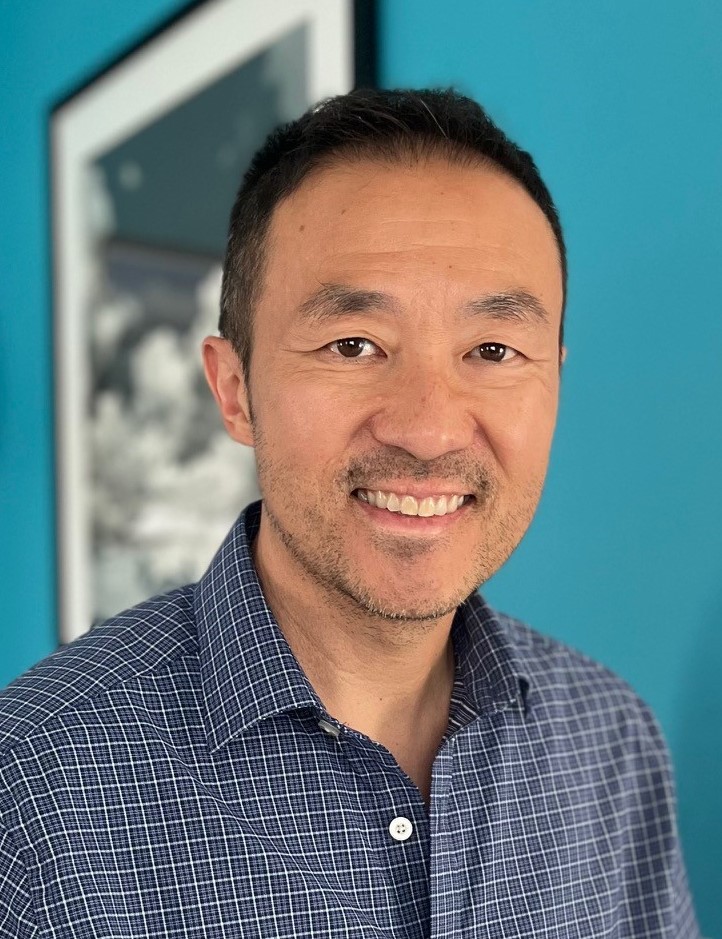
Nam C. Kim is Professor of Anthropology at the University of Wisconsin-Madison and the current Director of the Center for Southeast Asian Studies on its campus. He holds degrees in anthropology (PhD, University of Illinois at Chicago), political science (MA, New York University) and international relations (BA, University of Pennsylvania).
As an anthropological archaeologist, his research deals with early complex societies and the significance of the material past for modern-day stakeholders. He is especially interested in humanity’s global history of organized violence and warfare. Since 2005 he has been conducting archaeological fieldwork in Vietnam at the Co Loa settlement in the Red River Delta. A heavily fortified site located near modern-day Hanoi, Co Loa is connected to Vietnamese legendary accounts and is viewed as an important foundation for Vietnamese culture.
His work has been featured in various podcast interviews and a documentary (on the History Hit website). He has also authored several articles and books. The Origins of Ancient Vietnam (2015) provides a glimpse into the foundations of Vietnamese civilization, as seen through the archaeological record. Emergent Warfare in Our Evolutionary Past (2018, co-authored with Marc Kissel) provides a comprehensive view on the origins of war within the history of humanity. It seeks to answer the questions about how far back in time we can see warfare, and whether or not organized violence is somehow innate within our species.
Patricia Kim is an Associate Professor at the Gallatin School of Individualized Study and a member of the Affiliate Faculty in the Department of Classics New York University. She holds degrees from the University of Pennsylvania (PhD and MA), and and UC Berkeley. Her research interests include the archaeology and art of Hellenistic Greece, Egypt, and Western and Central Asia; gender, ethnicity, and race in antiquity; and public art and monuments. She has created multi-disciplinary public installations in collaboration with artists, scientists, and technology experts. Her latest monograph is The Art of Hellenistic Queenship: Bodies of Power (2024, Cambridge University Press).

Turi King is Director of the Milner Centre for Evolution at the University of Bath. She holds her degrees from the University of Cambridge and the University of Leicester (MSc and PhD), and her fields of specialization are genetics and its implications for archaeology, history and geography, and genetic genealogy and forensics. Professor King led the international research team involved in the DNA identification of the remains of Richard III and is now working on a number of projects including with the Jamestown Rediscovery team in Virginia. She has a media career alongside her academic one: she recently co-hosted the series Unearthed: Ancient Murder Mysteries and is currently the co-host of the hit BBC series, DNA Family Secrets. Professor King was an AIA Joukowsky Lecturer for 2018/2019. She is also one of the AIA Norton Lecturers for the 2024/2025 National Lecture Program season.
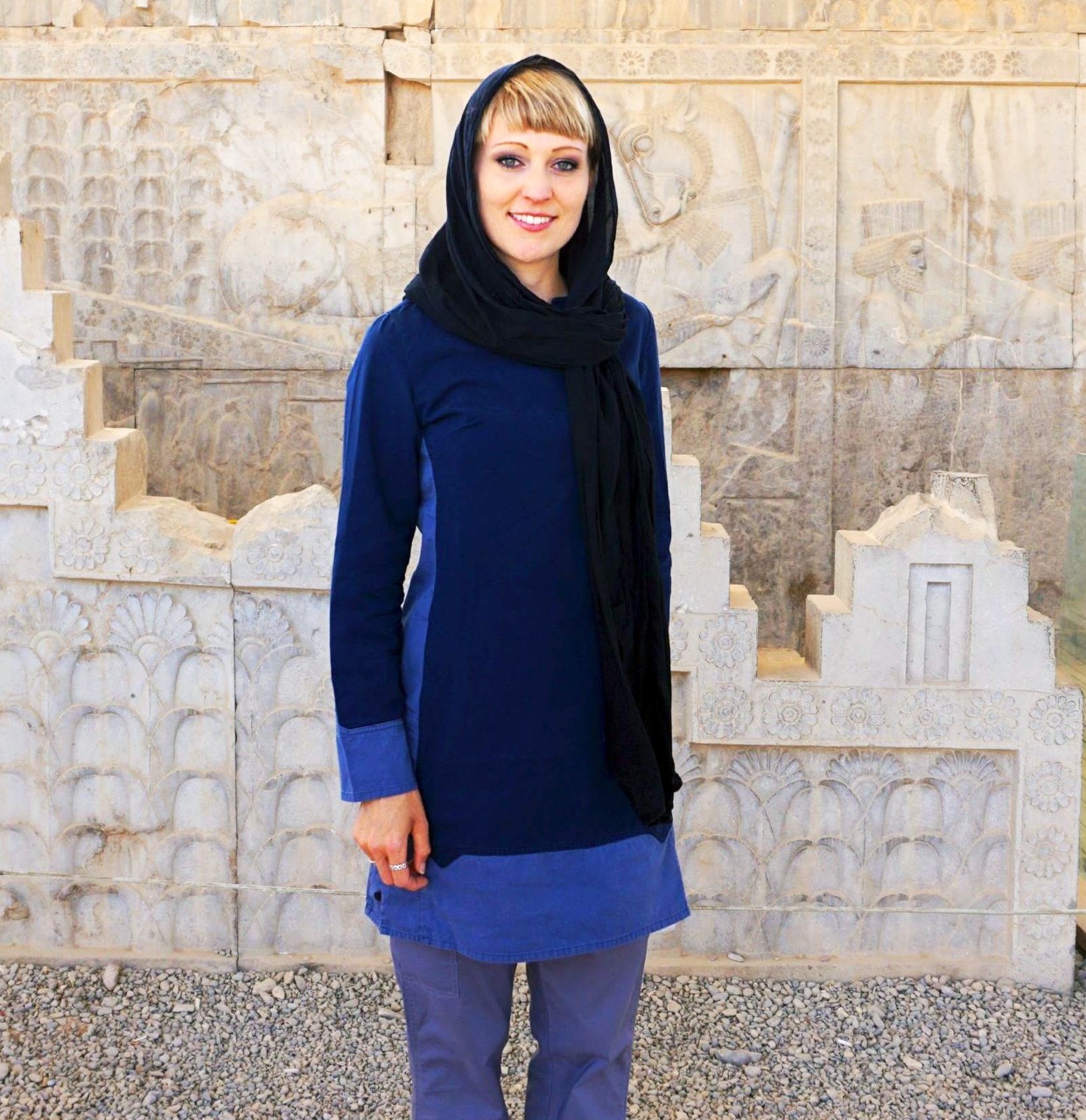
Dr. Kiersten Neumann is an art historian, archaeologist, curator, and educator. Her regional and cultural area of expertise is ancient West Asia (Near East), with a focus on Mesopotamia and Persia, as well as connections with Arabia. She is co-editor of The Routledge Handbook of the Senses in the Ancient Near East (2022), and she has curated numerous exhibitions, including Joseph Lindon Smith: The Persepolis Paintings (2022), Making Sense of Marbles: Roman Sculpture at the OI (2022–2023), and Artifacts Also Die (2023). Her publications, university courses, and speaking engagements have covered such topics as sensory experience, ritualized practice, and visual culture; museum practice, collecting histories, provenance research, and education and outreach; and cultural heritage management and preservation. She is Curator of the Institute for the Study of Ancient Cultures Museum, Research Associate at the Institute for the Study of Ancient Cultures, and Lecturer in the Department of Art History at the University of Chicago. In 2024 she joined the Board of Trustees of the American Society of Overseas Research. Originally from Vancouver, Canada, she received her B.A. and M.A. from the University of British Columbia and her Ph.D. from the University of California, Berkeley. She is one of the AIA Kershaw lecturers for the 2024/2025 National Lecture Program season.
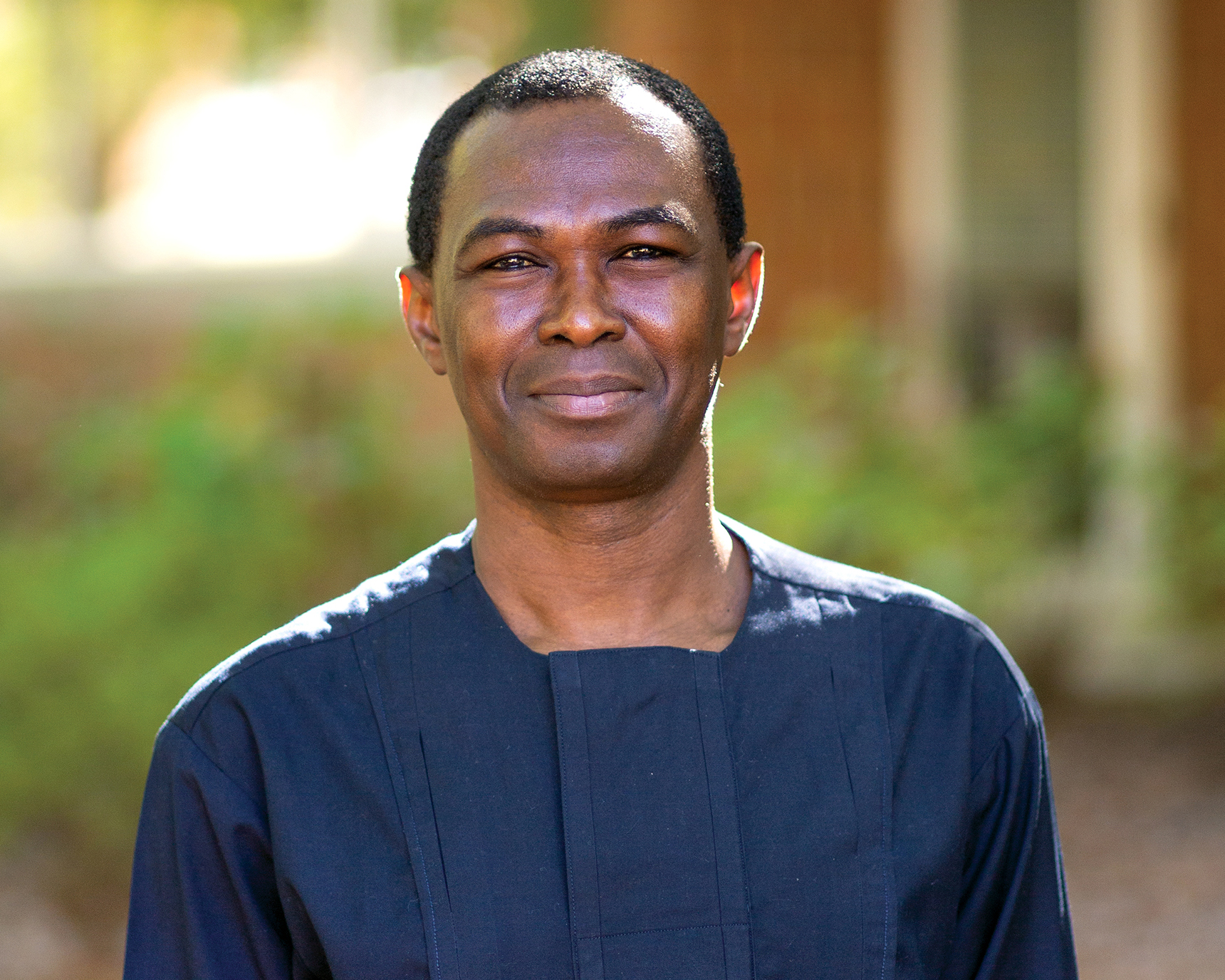
Professor Akin Ogundiran is the Cardiss Collins Professor of Arts and Sciences, Professor of History, and Affiliate Professor in Anthropology and Black Studies at Northwestern University. He is also the current President of the Society of Africanist Archaeologists and past Editor-in-Chief of African Archaeological Review. He received his PhD from Boston University. His research interests focus on empire, urbanism, class, gender, household formation, and landscape history over the past 2500 years in the Yoruba World (West Africa) and the Black Atlantic, from the Early Iron Age (500 BC–AD 40) to the Early Modern Period (AD 1500-1840). His research has been supported by several institutions, including AIA-NEH, National Humanities Center, National Geographic, Wenner-Gren Foundation, and American Philosophical Society. Professor Ogundiran is the author of several award-winning publications, including Materialities of Ritual in the Black Atlantic (Indiana University Press, 2014), which won Choice’s Outstanding Academic Title in 2015, and The Yoruba: A New History (Indiana University Press, 2020), recipient of the 2022 Vinson Sutlive Book Prize and the 2022 Isaac Oluwole Delano Prize for Yoruba Studies. He is a Fellow of the Society of Antiquaries of London and a Member of the Nigerian Academy of Letters. He is one of the AIA Joukowsky lecturers for the 2024/2025 National Lecture Program season.
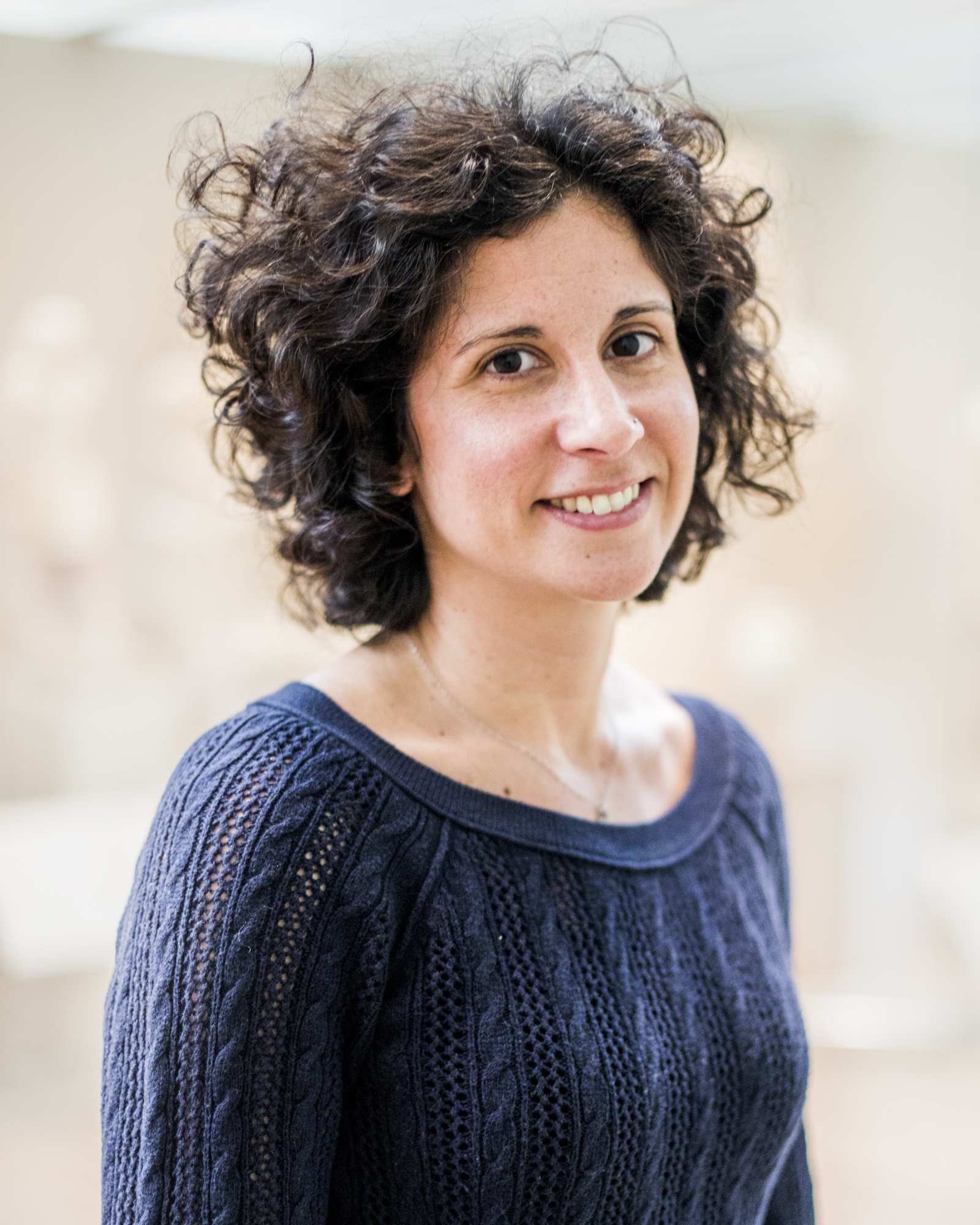
Dr. Tara Prakash is an Assistant Professor in the Department of Art and Architectural History at the College of Charleston. She received her B.A. from Tulane University and her M.A. and Ph.D. in the History of Art and Archaeology from the Institute of Fine Arts at New York University. She specializes in ancient Egyptian material culture. Her research interests include ethnicity and identity, foreigners in ancient Egypt and foreign interconnections, pain and emotions, and artistic agency. Her recently published book, Ancient Egyptian Prisoner Statues: Fragments of the Late Old Kingdom (Lockwood Press, 2022), is the first comprehensive study on the prisoner statues, a unique series of Egyptian statues that depict kneeling bound foreigners.
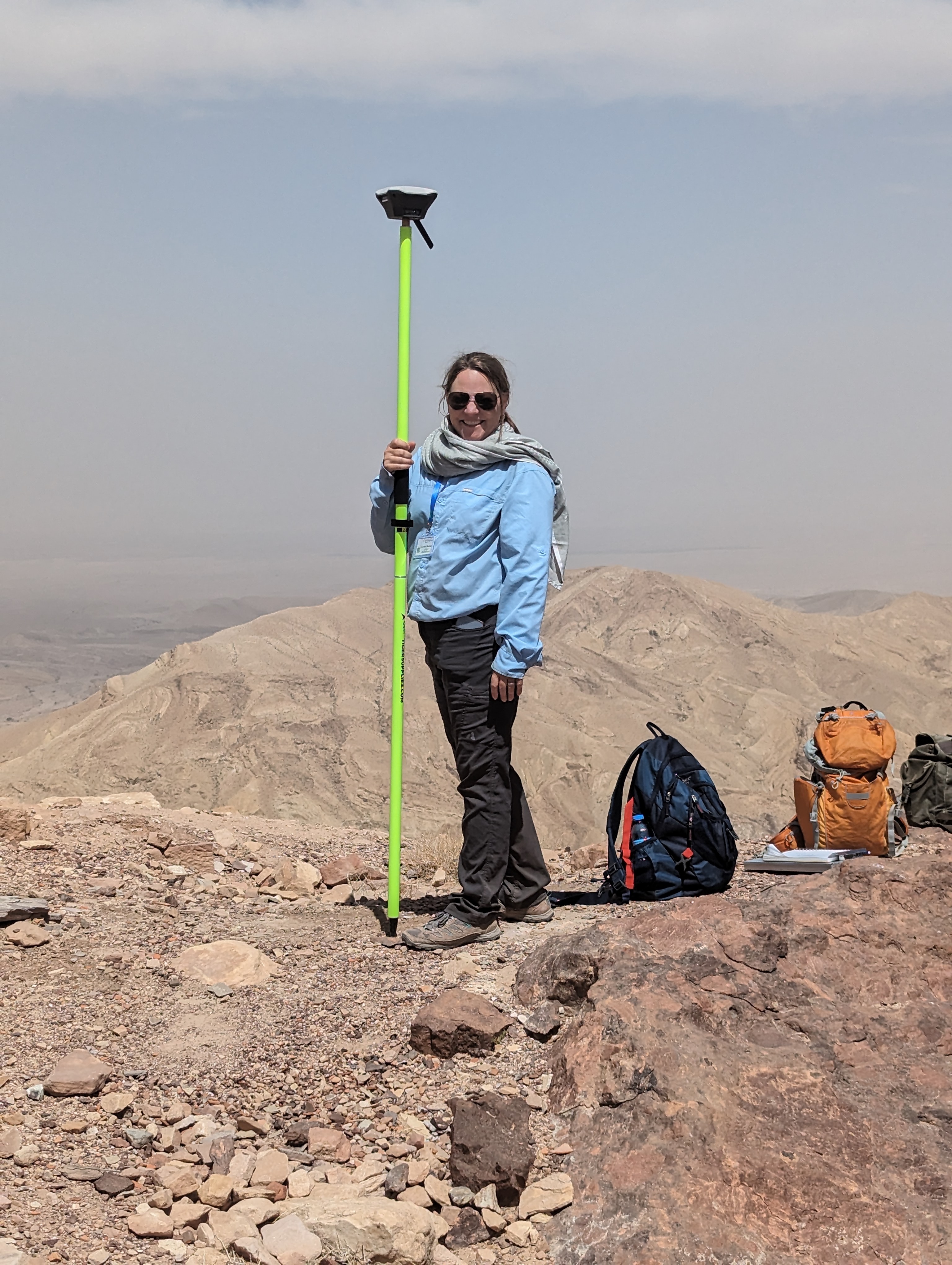
Jennifer Ramsay is a Professor in the Department of Anthropology at SUNY Brockport; she holds her degrees from Simon Frasier University (Ph.D.), the University of Sheffield (MSc.), and the University of Victoria (B.A.). She is the recipient of the AIA’s Excellence in Undergraduate Teaching Award (2019) and a State University of New York Chancellor’s Award for Teaching Excellence (2014). Her research interests include archaeobotany, subsistence reconstruction, trade patterns, environmental change and Nabataean origins. She is currently co-director of the Continuity and Transition in Southern Jordan project and was the associate director and archaeobotanist for the Petra Garden and Pool Complex and assistant director and archaeobotanist for the Petra North Ridge Project. She also serves as an archaeobotanist for an array of other sites including Caesarea Martima, Legio VI Ferrata, the Roman Villa at Grace (Sicily), the Tall al-Umayri Project, and the Roman Aqaba Project. A few of her recent publications include “Aspects of Zoroastrian Traditions in Nabataean Petra” (with A. Smith II and B. Anderson in press for the Journal of Eastern Mediterranean Archaeology and Heritage 2025), “Funerary dining or offerings for the dead? An archaeobotancial analysis of remains from shaft tombs in Petra, Jordan “ (with M. Perry in Levant 54, 2022), “A Diachronic Look at the Agricultural Economy at the Red Sea Port of Aila: An Archaeobotanical Case for Hinterland Production in Arid Environments” (with S.T. Parker in The Bulletin of the American Schools of Oriental Research 376, 2016) and “For the Birds – An Environmental Archaeological Analysis of Byzantine Pigeon Towers at Shivta (Negev Desert, Israel), (co-authored, Journal of Archaeological Science: Reports, October 2016).
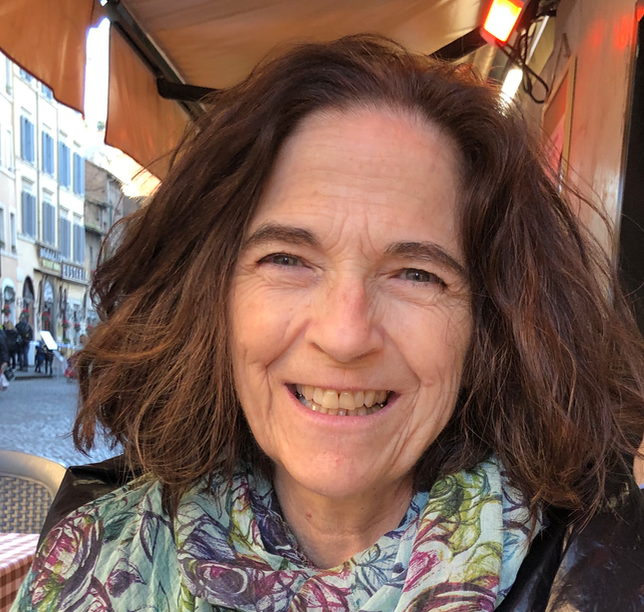
Roberta Stewart is a Professor of Classical Studies at Dartmouth College. She holds her degrees from Duke University (PhD), and the University of Michigan (BA), and she attended the American School of Classical Studies at Athens and the American Academy in Rome. Her research interests include Roman coins, Roman priesthood, and Greek and Roman literature. Her current publications include “Gender, Class, and Slavery in Plautus’ Rudens in 1884 St. Louis,’” in Classical Antiquity, and a forthcoming publication “Witnessing and Poetic Receptions of the Experience of War: Homer, Doug Anderson, and Jehanne Dubrow,” In Just Classics, edited by E. Perry and D. Machado (University of Michigan Press). She is the 2024-2025 Metcalf lecturer for the AIA’s National Lecture Program.
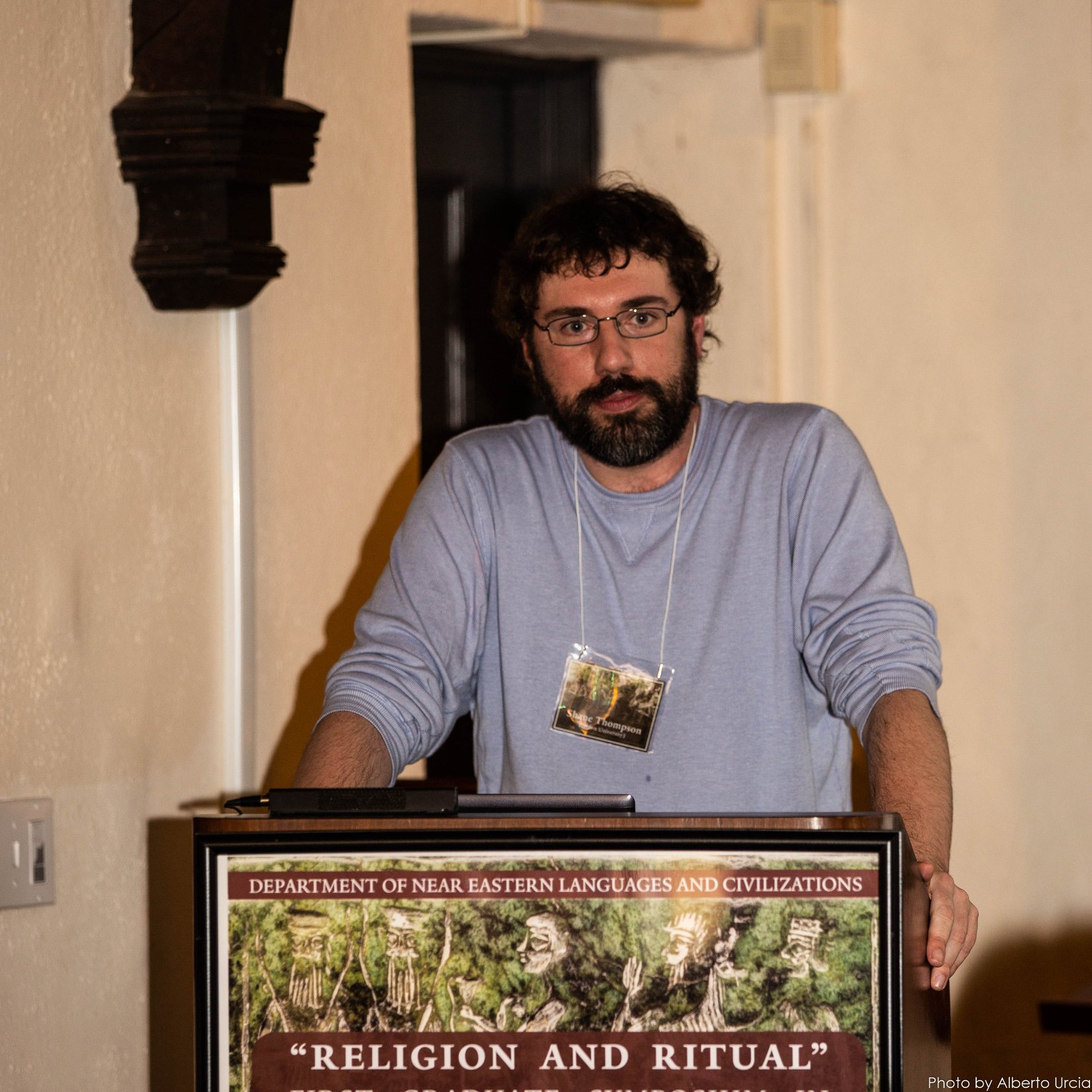
Shane Thompson is an Assistant Professor of Bible and the Ancient Near East Program in Religious Studies at North Carolina Wesleyan University. He received his PhD from the Brown University, and holds degrees in Bible Studies and Theological Studies from Brandeis University, Emory University, and the University of Kansas. His research interests include the religions, history, languages, and cultures of ancient Anatolia, Egypt, the Levant, and Mesopotamia. He is a Co-Chair for the ASOR Member Sponsored Program Unit (RELSE/AAR-SE). His current publications include Displays of Cultural Hegemony and Counter-Hegemony in the Late Bronze and Iron Age Levant: The Public Presence of Foreign Powers and Local Resistance (Routledge, 2023) and Power and Identity at the Margins of the Ancient Near East (edited volume, University Press of Colorado, 2023). He is one of the AIA’s 2024-2025 Kershaw lecturers.
Notifications